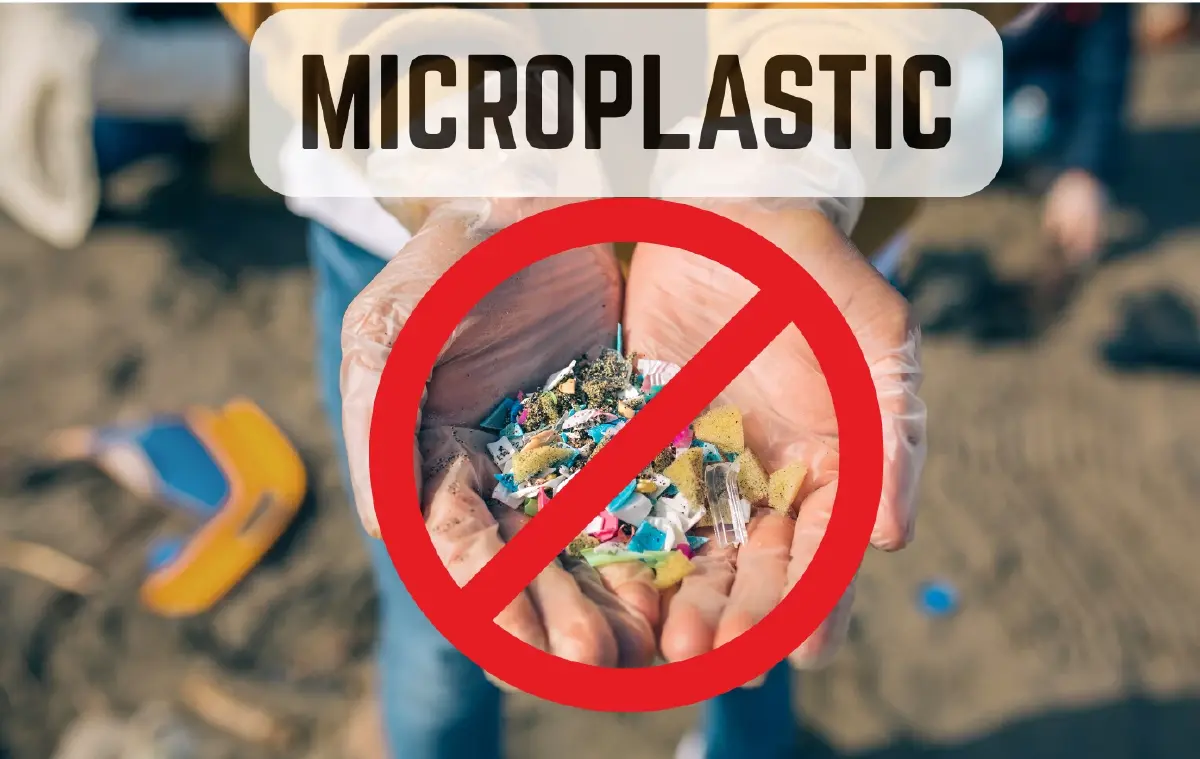Coffee grounds may hold key to preventing neurodegenerative diseases
21 พ.ย. 66

Neurodegenerative disorders, including Alzheimer's, Parkinson's and Huntington's, affect millions of people in the United States, and the cost of caring for people who live with these conditions adds up to hundreds of billions of dollars each year. Now, researchers from The University of Texas at El Paso may potentially have found a solution in used coffee grounds—a material that is discarded from homes and businesses around the world every day. A team led by Jyotish Kumar, a doctoral student in the Department of Chemistry and Biochemistry, and overseen by Mahesh Narayan, Ph.D., a professor and Fellow of the Royal Society of Chemistry in the same department, found that caffeic-acid based Carbon Quantum Dots (CACQDs), which can be derived from spent coffee grounds, have the potential to protect brain cells from the damage caused by several neurodegenerative diseases—if the condition is triggered by factors such as obesity, age and exposure to pesticides and other toxic environmental chemicals. Their work is described in a paper published in the journal Environmental Research. "Caffeic-acid based Carbon Quantum Dots have the potential to be transformative in the treatment of neurodegenerative disorders," Kumar said. "This is because none of the current treatments resolve the diseases; they only help manage the symptoms. Our aim is to find a cure by addressing the atomic and molecular underpinnings that drive these conditions." Neurodegenerative diseases are primarily characterized by the loss of neurons or brain cells. They inhibit a person's ability to perform basic functions such as movement and speech, as well as more complicated tasks including bladder and bowel functions, and cognitive abilities. .....
แหล่งที่มา
Phys.org
แท็ก



